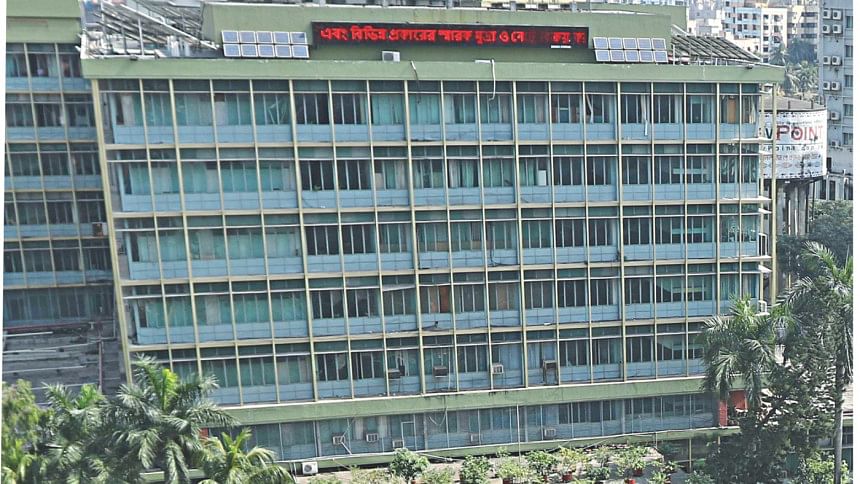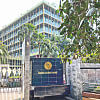Inflation over 9% poses concern: BB

Inflation staying persistently high at over 9 percent poses a concern and reducing it to a tolerable level may necessitate continued monetary tightening for an extended period, said one of Bangladesh Bank's (BB) quarterly publications yesterday.
The central bank's observation comes against the backdrop of high consumer prices continuing to erode buying power of people and weigh heavily on private consumption.
International organisations predict that the high prices would continue to prevail at least for the current fiscal year.
On April 2, the World Bank forecast that inflation in Bangladesh might stay elevated at 9.6 percent in fiscal year (FY) 2023-24 before moderating to 8.6 percent in FY 2024-25.
"However, the inflation trajectory depends crucially on the extent of transmission of BB's contractionary monetary policy and the government's fiscal policy stance," it said in a Bangladesh Development Update.
In "Bangladesh Bank Quarterly" for the October-December period 2023, the central bank said it has placed the topmost priority on the containment of inflation.
On January 21, this year, the BB raised the policy interest rate again by 25 basis points to 8 percent to curb inflation and anchor inflation expectations while ensuring adequate funding to productive sectors of the economy to support desired growth.
The central bank will continue monetary tightening in the rest of the quarters of FY 2023-24 until inflation reaches the desired level.
Amid high consumer prices, the government earlier revised upward its target to 7.5 percent for the current fiscal year ending in June. Until February average inflation was 9.66 percent.
The BB said in collaboration with the government, it is constantly calibrating efforts to combat inflation.
"BB maintained its restrictive monetary stance and adopted a unified exchange rate policy to manage inflationary pressure. The government is also taking steps to remove supply constraints by addressing issues such as syndication, hoarding, and other unethical practices."
"These collective initiatives are anticipated to influence the inflation outlook in the days ahead positively," said the central bank in its quarterly.
However, there are concerns.
The BB said it was crucial to recognise potential challenges on the horizon, such as escalating geopolitical tensions and a possible slowdown in economic activities in the trading partners of Bangladesh.
"In light of these factors, maintaining vigilance and engaging in strategic planning are imperative for navigating potential fluctuations in the economic landscape."
On the overall economy's performance, the BB said the industrial sector was expected to experience relatively slower growth in the second quarter of the FY 2023-24 in the face of a decrease in external demand due to geopolitical tensions and trade uncertainty.
"The agriculture sector is projected to exhibit better performance in this period, with reasonable growth targets for major rice varieties and non-rice crop production," it added.
"The service sector is anticipated to maintain its moderate growth trajectory in the second quarter," said the BB, adding that the robust rebound in remittance inflows significantly contributed to the stimulation of economic activities.

 For all latest news, follow The Daily Star's Google News channel.
For all latest news, follow The Daily Star's Google News channel. 










Comments